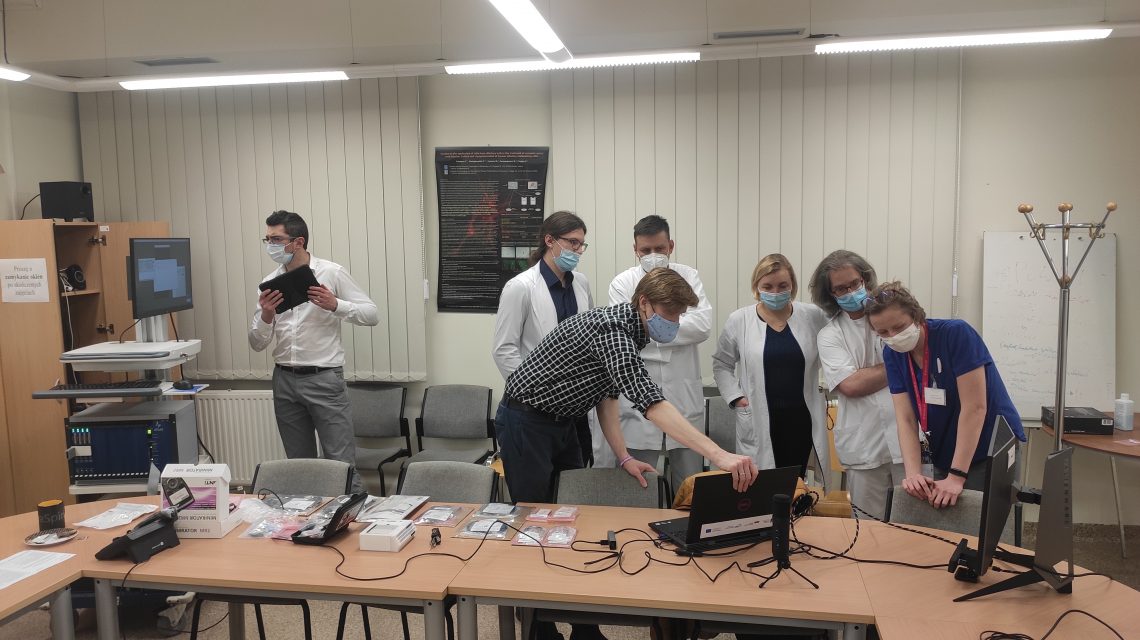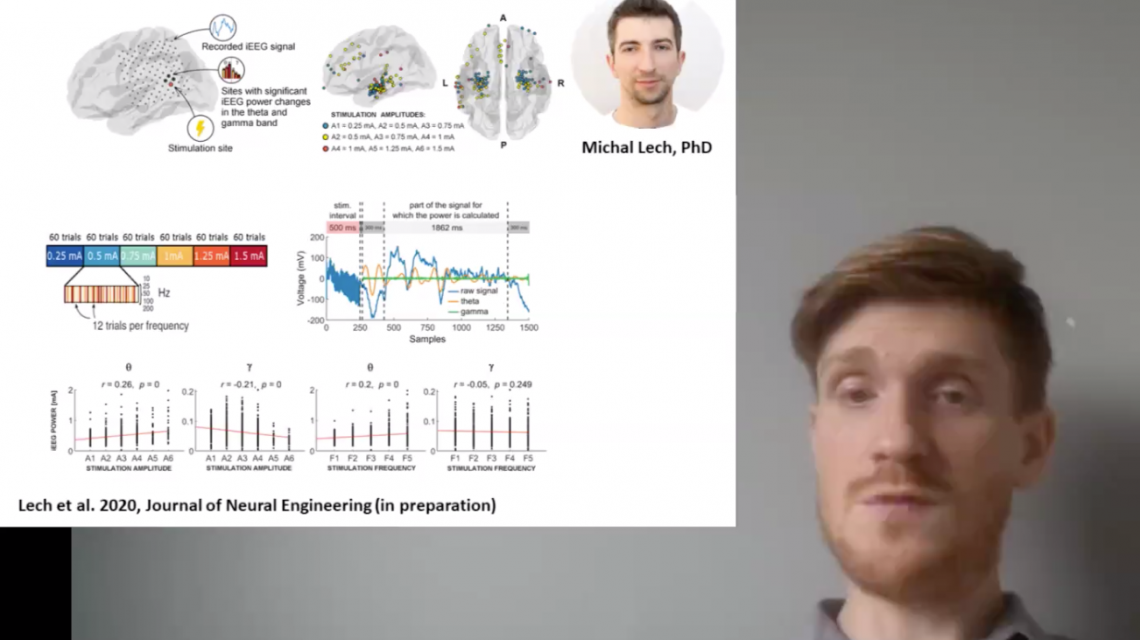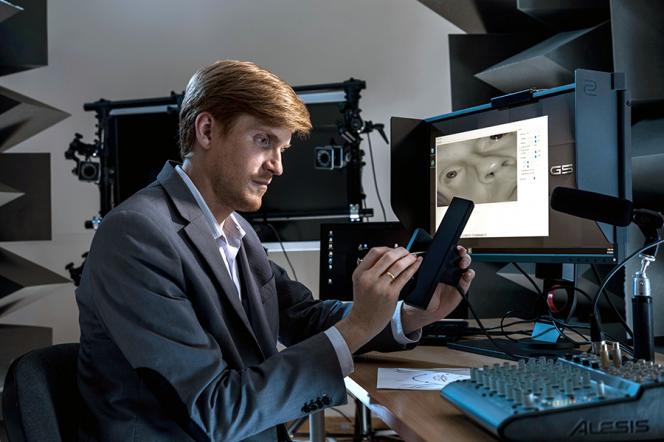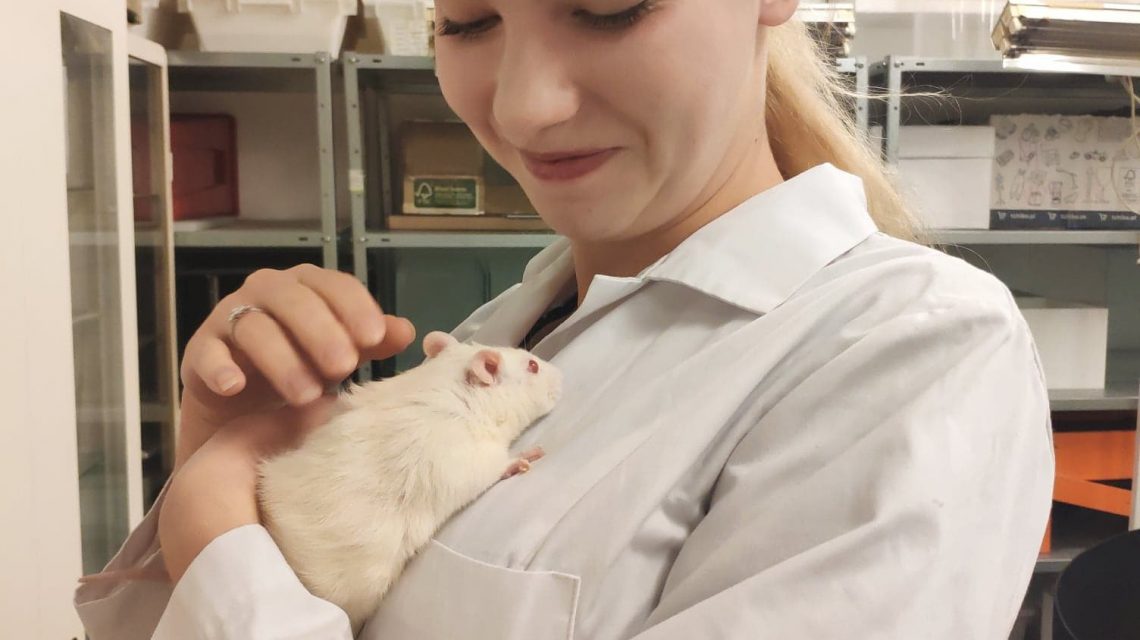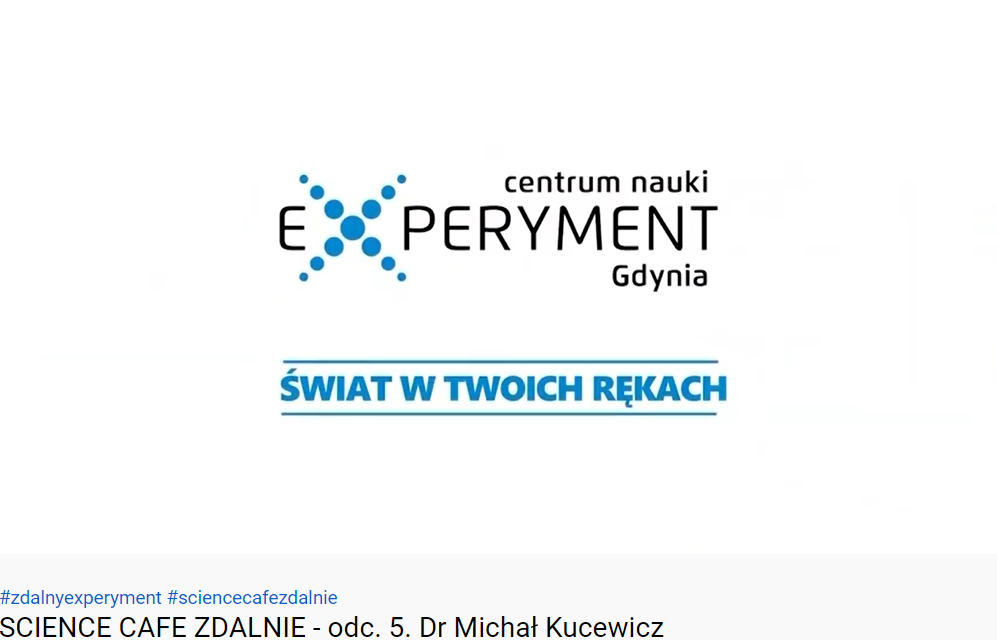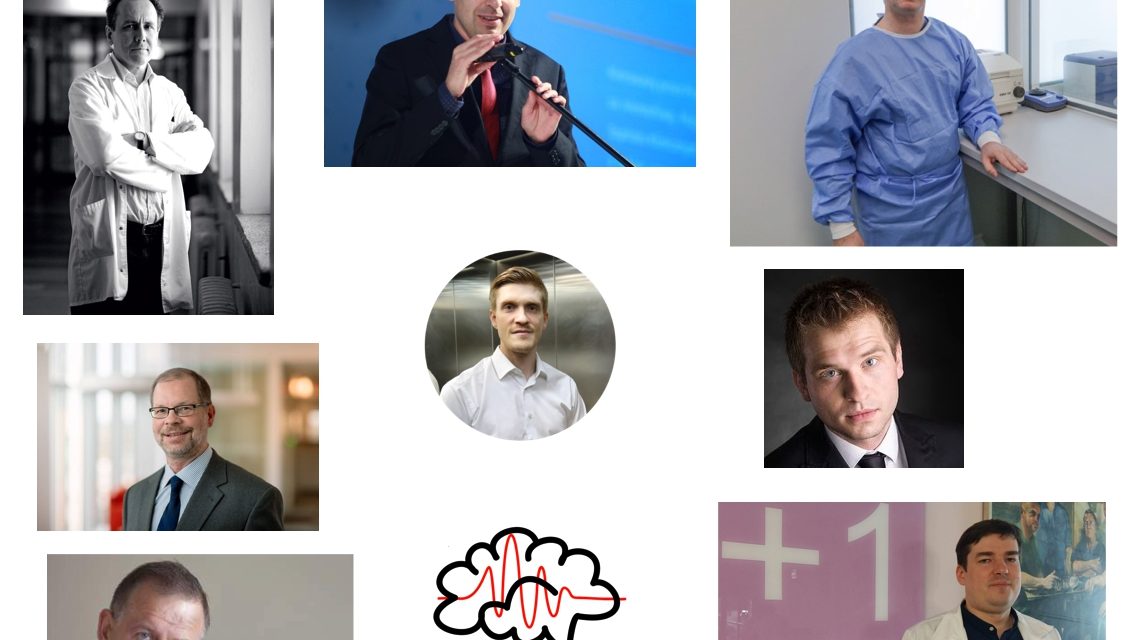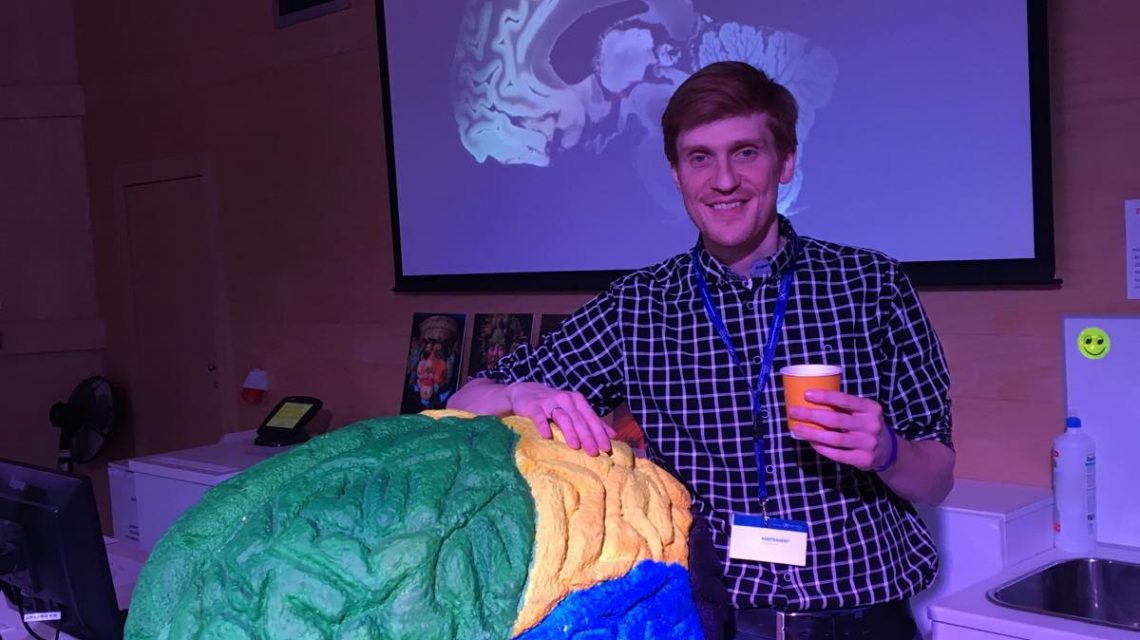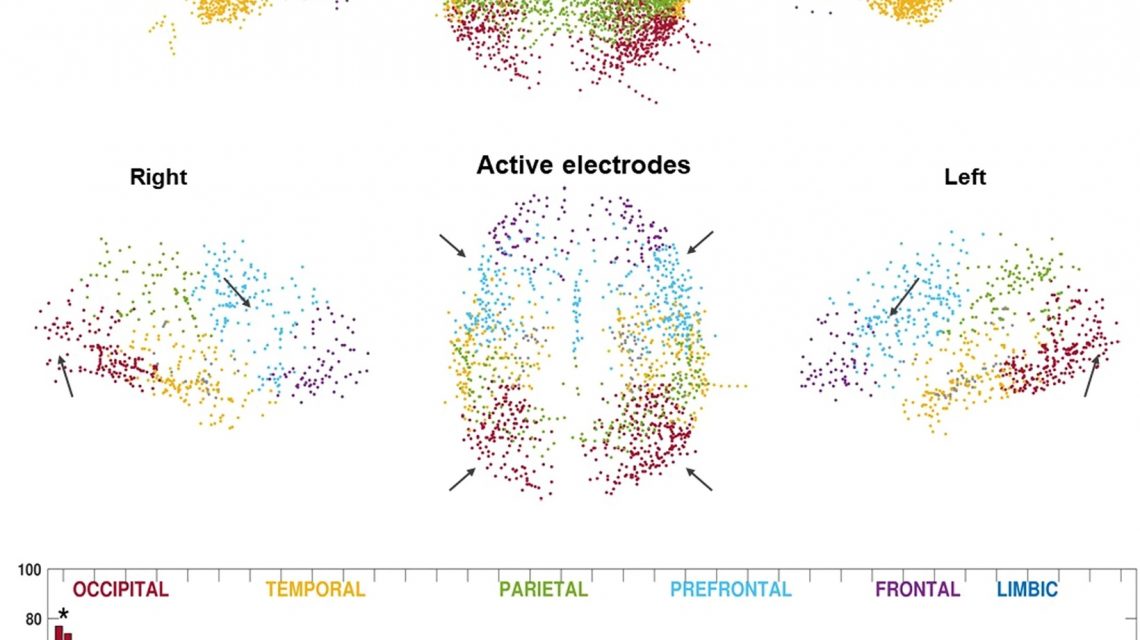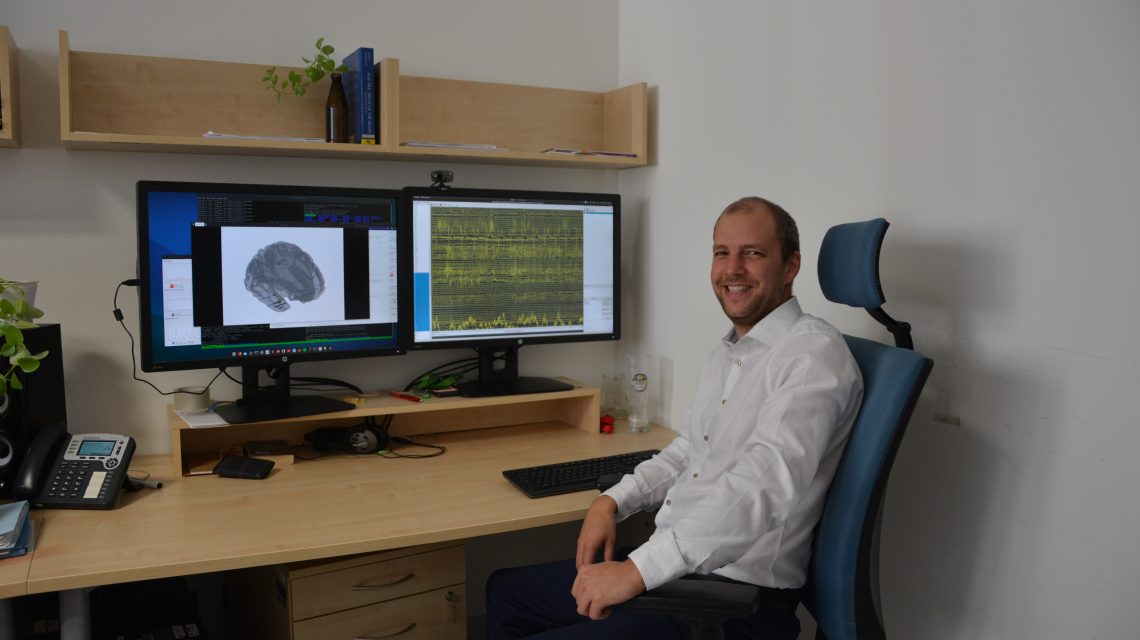The new year of breakthroughs and harvest for the neuroscience in Poland
The beginning of 2021 was marked by a rapid acceleration of our endeavours to pioneer intracranial brain recordings and stimulation in Poland. Together with our project partners at the Wroclaw Medical University we implemented recently purchased, state-of-the-art system called ‘Atlas’ (by Neuralynx Inc.) for clinical and research electrophysiological studies in the human brain. Two entire days in Wroclaw were dedicated to assemble and present the system to a team of experts at the university hospital. The…
Continue reading
